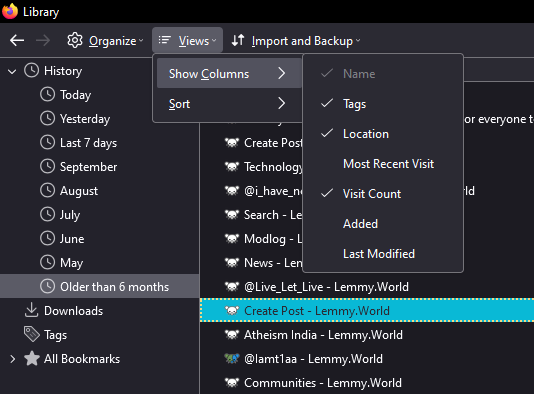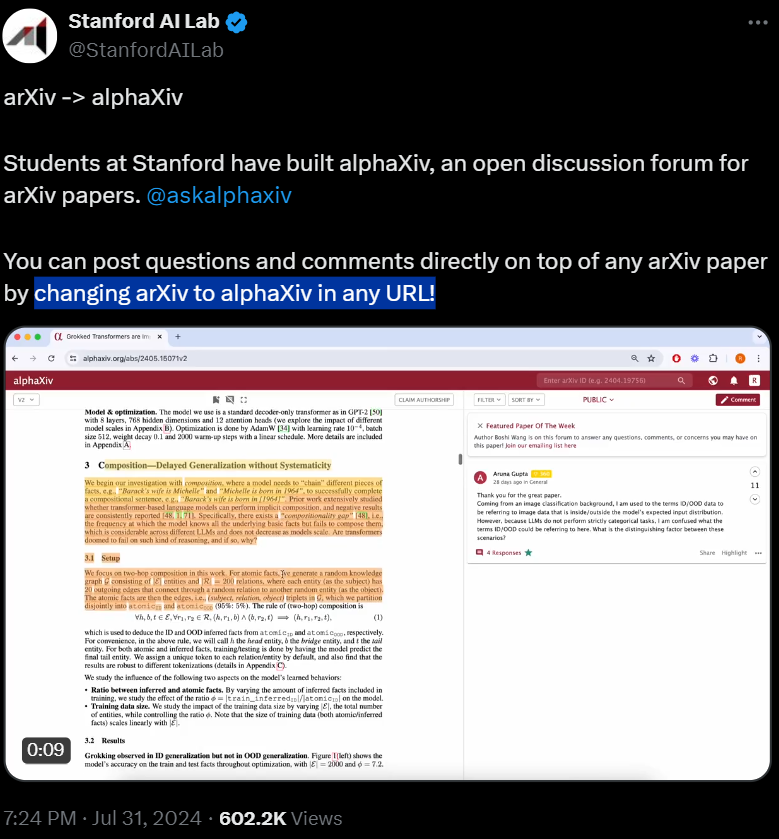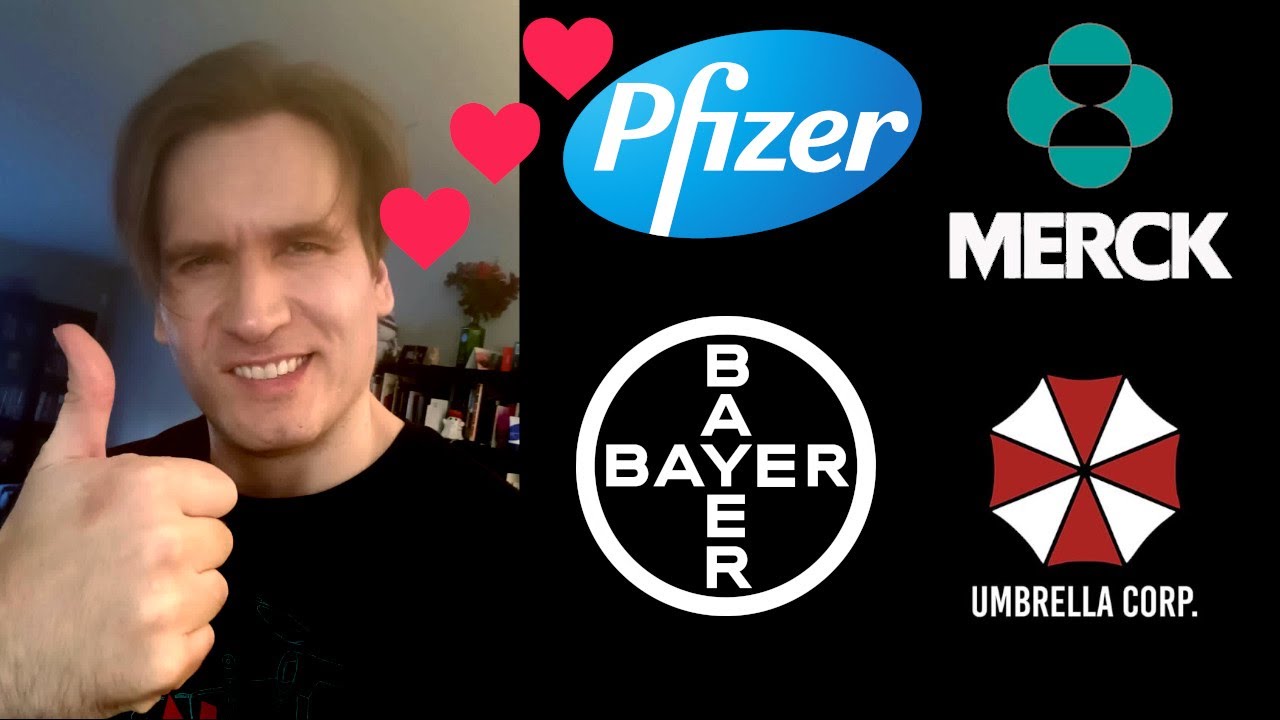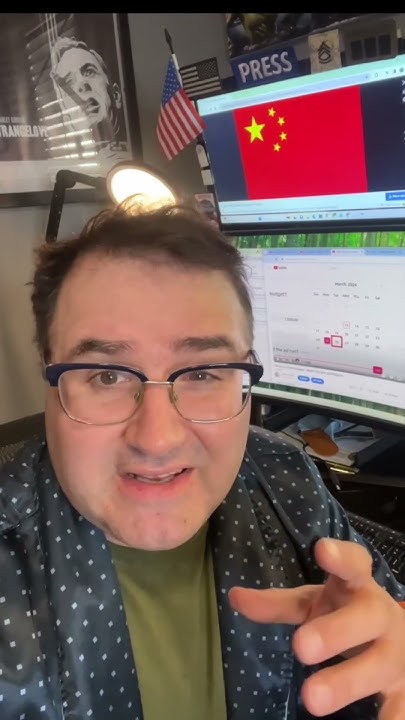- 27 Posts
- 38 Comments

 11·2 months ago
11·2 months agoAll these years of building trust, is this what microsoft thought of us? why did they get pissed of?

 72·2 months ago
72·2 months agooriginal post: https://archive.is/9jidq

 52·2 months ago
52·2 months agoeven the views tab does not show the option for date


 326·2 months ago
326·2 months agorumble is pretty good

 52·3 months ago
52·3 months agowebsite https://www.alphaxiv.org/

 183·3 months ago
183·3 months agodefine “illegal” according to which country?
even copyright?

 21·3 months ago
21·3 months agocan you explain it to me pls? what part of it has potential?

 14·3 months ago
14·3 months agoi kind of miss it, because there was an tribute game called aot tribute game it was very fun, i used to play it alot back in 2015, and i remember it only ran on firefox after chrome booted out NPAPI

 72·5 months ago
72·5 months agoSome one on the comment section said that
“There’s no innovation here; it uses a Rockchip processor, which is from a Chinese company. Assembling a board with Chinese components isn’t a big deal. I know people who could make an even better board. Innovation would have been if the processor was designed by an Indian company and made entirely in India. But that’s not the case.”

 21·5 months ago
21·5 months agowhat is that?

 242·5 months ago
242·5 months agoyou mean this? https://old.lemmy.world/

 372·5 months ago
372·5 months agoif you have a thread you like, make sure to archive.is or archive.org it

 37·5 months ago
37·5 months agofuturism article… seriously?
think you can do better tough guy?

 13·7 months ago
13·7 months agobecause it is filled with far left










script: Well, guys, it turns out that Crunchyroll has committed a federal crime, and it’s not something that they’ve done in just one instance. It’s something that they’ve been doing for the last 5 years. We only found out about it very recently, though, on October 25th, when David Wald, a voice actor, tweeted that if he’s been sent anything in the last 5 years in terms of fan art, fan letters, anything, then he has not received it. Because apparently, Crunchyroll has been stealing all of it. This is in direct violation of U.S. federal law, or more specifically, the U.S. Code 1702: Obstruction of Correspondence.
This has gone absolutely viral; everyone is talking about it if they’re in the anime sphere in the West. I feel like it’s not only the perfect opportunity to raise more awareness on this disgusting behavior, but to also sit down with you and show you why Crunchyroll has been a terrible company for years now, and that this only adds more to their shady, unpleasant history. Let’s talk about it.
So, Crunchyroll, as it stands, is the biggest anime distributor and streamer in the West. So if you’re outside of Asia, this is most likely the service that you’re using for anime, unless you’re a pirate. Some people, and even publications like the South China Morning Post, credit Crunchyroll for turning Japanese anime mainstream in the West. It’s a very impressive company with its size in non-Asian countries and its catalog, but it wasn’t always this anime licensing sweetheart. In fact, at some point, Japanese license holders wanted to take the website down.
You see, the website was founded in 2006, and back then it was a pirating website. Not a single thing on this page was legal. But it wasn’t just about anime; it was about anything, whether it be Asian drama, things related to video games. It was like YouTube, but for pirates, where anything could be uploaded. There were no limits, except maybe adult videos. This is the exact website you would have seen in 2006. Bleach’s 108th episode had just come out, and Naruto’s 24th episode had just come out as well. It’s a crazy time capsule.
In 2008, they somehow convinced a venture capital firm by the name of Venrock, based out of Palo Alto, California, to invest $4 million into them. After this, they sought to become legal—a legitimate space to share anime content. On January 8th, 2009, they signed a deal with TV Tokyo to host episodes of Naruto: Shippuden. Obviously, you can see how big of a deal that is, and immediately started to delete all the illegitimate content on its website that they didn’t hold rights to. They then continued to get more and more anime licensed from Japan for their Western audience, and you know what? They had a talent; they knew how to choose the animes that they licensed and then translated, because of course there’s a lot of anime that gets made every single season.
This is what made them different. No one could really compete that much with them because anime wasn’t really seen as a big deal until very recently. This is when Sony decided to create FUNimation, a direct competitor of Crunchyroll, back in 2017. Now, of course, seeing that it’s Sony, they had one hell of a lineup of popular anime, but they didn’t really know how to pick more underrated ones that the Western audience would enjoy—at least not as well as Crunchyroll did. But honestly, who cares? You have an industry, and you have multiple competitors all trying to do their own thing; that’s very healthy.
But unfortunately, that didn’t last too long. In August 2020, there were reports coming out that Sony actually wanted to buy Crunchyroll. Things were advancing; they had offered $1.1 billion to buy it. But on March 24, 2021, as things were coming to a close, the United States Department of Justice extended its review of this because they thought that maybe, just maybe, this could become a monopoly of anime outside of East Asia. Somehow, okay, some way, I don’t know who got bribed, who got threatened, but it got approved, and in August 2021, the deal was finalized. It was one of the biggest mistakes in the anime industry because this effectively meant that Sony had become the major monopoly when it comes to anime content outside of Asia.
Seeing that Sony owned so many anime streaming websites, including Wakanim, which was in France, they decided to merge everything into Crunchyroll, really solidifying the idea that they’re now a monopoly. One of the main reasons why people hate Crunchyrolland of course Sony—is due to this monopoly. I mean, look at this email that was sent to existing FUNimation customers when the merger happened. The first few paragraphs are reassuring you that, hey, don’t worry, your account info isn’t going to change—your watch history, all your preferences, everything is staying. But then you read the final paragraph, and it says this: “As part of our transition to Crunchyroll, the price of your new Crunchyroll plan will increase from $55 a year to $100 a year beginning January 28, 2025.”
So yes, the price you were paying had effectively doubled overnight, and you couldn’t do anything about it. What were you going to do about it? Go to a different service? Oh wait, Sony owns everything, and now it’s under Crunchyroll. But even worse, and I think this is probably the worst part in all this, FUNimation had something Crunchyroll didn’t. Instead of having to pay for a subscription, you could just flat-out buy the anime that you wanted digitally, so you could watch it any time. Well, Sony said, “You and what you own? You don’t actually own anything.” This was the explanation Crunchyroll gave you when you inquired about your FUNimation digital copies. They said, “We understand that you may have concerns about your digital copies from FUNimation. Please note that Crunchyroll does not currently support FUNimation digital copies, which means that access to previously available digital copies will not be supported. However, we are continuously working to enhance our content offerings and provide you with an exceptional anime streaming experience.”
We appreciate your understanding and encourage you to explore the extensive anime library available on Crunchyroll. So this was a very disgusting corporate-speak way of saying that everything you own is now in the gutter. I mean, Ubisoft said that gamers should get used to not owning their copies. Look at their stock price; you do not want to be like Ubisoft. This is what a monopoly actually looks like, and it’s terrible.
That’s not the only thing, though. Look, anime is Japanese; it was created in Japan. Crunchyroll knows this, and they actually have a studio in Shibuya, Tokyo, to make original anime. At some point, though, they decided to use subscription money to create their own studio in Burbank, California, to make anime within the United States. As you can see from the rating, 1.6 out of 10, that was an utter disaster. High Guardian Spice is the biggest piece of trash to come out of anime in the last 10 years. It was marketed as anime for diverse groups, most notably highlighting their LGBTQ+ representation. Well, you know you messed up when even people in the LGBTQ+ community hate this show to death—like, no one likes this; this is terrible. When you become a monopoly, you become lazy and complacent. You stop taking risks, and you completely forget what made you great in the first place. This show is proof of that. Oh, and let’s not forget that at the end of 2023, they had to settle a class action lawsuit with their own consumers because they violated the United States Video Privacy Protection Act by disclosing its subscribers’ personally identifiable information to third-party companies like Facebook, Adobe, etc. Of course, it’s a very large list. They initially tried to deny the claim—okay, they lied—but then settled anyway to avoid any uncertainties or expenses associated with continuing the case. So not only were they a monopoly, not only did they double the price of annual subscriptions and are offering nothing to show for it, they were also selling their own users’ data.
And by the way, the settlement was terrible it was $30 per Crunchyroll user. Like, wow, thanks. My data probably cost more than that. But these three reasons I just gave you I think are enough for you to think, “Wow, this is a terrible, lazy monopoly that can do whatever it wants because no one can even compete.”
This brings us back to the crime that they committed against David Wald. Now look, David Wald is a seasoned voice actor. He’s been in the industry for a long time. He doesn’t just dub anime, which is the act of voice acting English dialogue for something that isn’t originally in English; he also voice acted in games. Some of the biggest animes he’s dubbed in were Attack on Titan, My Hero Academia, or even Vinland Saga. Now, you’d think that Crunchyroll would give a veteran voice actor like himself the respect he deserves. Well, no. It turns out Crunchyroll has been receiving packages meant for David and distributing them to staff instead without him knowing for 5 years.
Look at this tweet as an example.He says, “Dear fellow workers at Crunchyroll, below is a photo of the complete contents of one of the packages addressed to me that was opened and distributed to employees. If you ended up in possession of any of it, I would very much like it returned to me.” As you can see, there are many things here. I should mention all of this is handmade. Even this, even though it looks like an official magazine, the character itself is Iosa Kush Shindo, and this is someone that David voices in dub.
Harumi quoted,“I remember when my friend put this together to send to you. It was a group effort; everyone was so looking forward to you getting it.” This is extremely heartbreaking. David replies and says, "I promise you the situation will be rectified. We’re just lucky you sent me a photo of the unique contents and the 🤬10000 charlimit